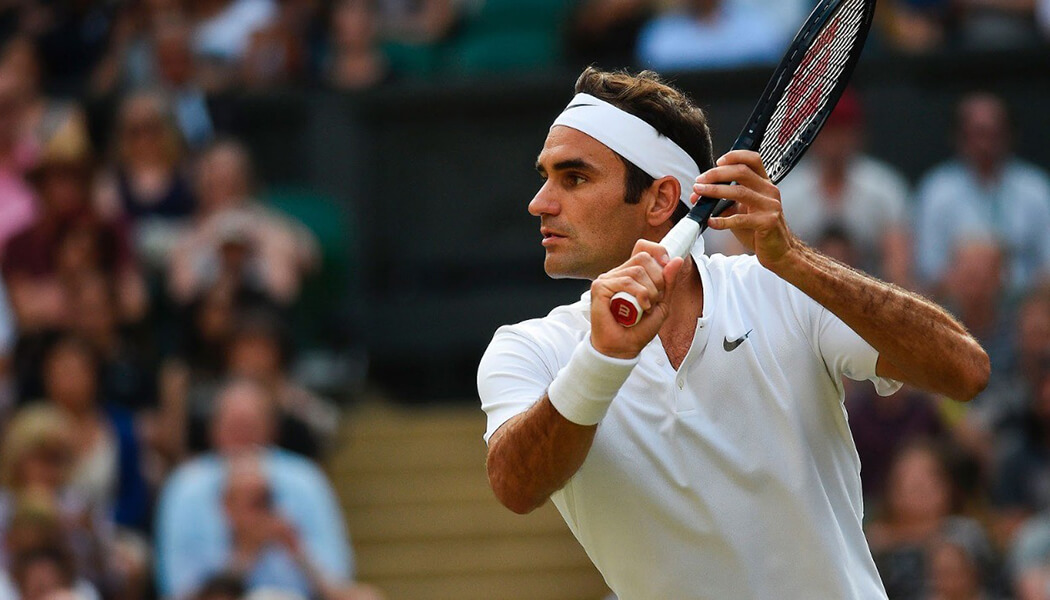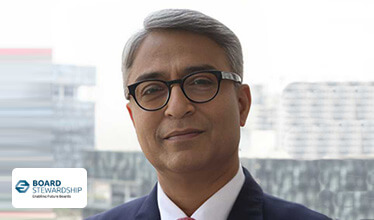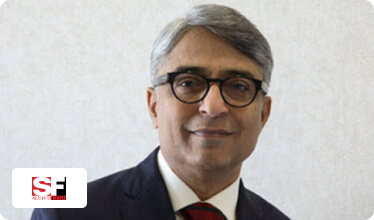Even in his retirement, the perfect sportsman and Greatest Of All Time, Roger Federer, has valuable lessons to share.
There have been absolute giants across sports — and then there’s Roger Federer. In the world of competitive sports, few have boasted the full package of poise, class and dominance like King Roger. It made him rise to a stature that’s a class apart from other sporting legends. So, it’s no surprise that the world of sports and tennis fans are yet coming to terms with the retirement of the ruler of all courts.
At the time of his retirement announcement, Federer had 20 Grand Slams under his belt. Most extraordinarily, he never retired from a match in his career, which comprised 1,526 singles and 223 doubles. While his entire career is an inspiration, even in his retirement, the perfect sportsman, Roger Federer, has valuable lessons to share.
A role model of human qualities
In addition to sports achievements, what makes Federer the greatest of GOATs is that his long and highly successful career is unblemished by any controversy. In his most competitive times, while raging against the likes of Andre Agassi, Rafael Nadal, Andy Roddick and Novak Djokovic, he has almost always retained his calm and composure. This demeanour is on display yet again, even during an emotionally draining time like announcing his retirement.
Through his retirement, Federer has revealed several other qualities that set him apart. Success is often not one’s own; it is a shared achievement. In acknowledging each team member, he showed warmth, humility and deep-hearted gratitude.
His decision to retire is based on his desire to spend more time with his family. He has also been practical about his physical limitations, being wary of future injuries. Hence, he demonstrates how to optimally balance health, life and work priorities, understanding when to exert and when to not.
The art of letting go at the right time
For most people, the choice of accepting an opportunity is easier than knowing when to let one go. When it comes to continuing a role against exiting one, people in leadership and in life often delay the latter. The idea of having to let go of a role or a position is often crippling.
At other times, it is beyond most to correctly identify when it is time to retire. Leaders often find it extremely difficult to give away power — to hand over the reins or make way for the next generation. And so, usually, they have to be forced out.
Many feelings are at play in wanting to hold on. Sometimes it is as simple as wanting to prove that one can still deliver. Also, success is often deemed as evidence of having the right to continue. There’s also a feeling of overconfidence in one’s abilities. One feels they are the best person for the job, and a successor may risk the legacy they created. There’s also the fear of losing relevance, attention and audience.
With his decision to retire, Federer defeated these emotions. Contrary to many others who overstay their time, almost to the point of becoming irrelevant, he bid goodbye at his peak.
How to appreciate Success & Achievements
Federer’s is also a graceful exit as he does so without any complaints or regrets. Fans would contend that there’s still a lot of tennis left in him. But in his wisdom, perhaps he believes that bit of tennis can best be utilised by mentoring the next generation. The biggest takeaway from Federer’s retirement is his ability to understand and value his accomplishments.
Success is not only about winning a position or retaining it. The true value of success comes from understanding the outcomes one has achieved. There will always be something more one can contribute or achieve. But one must have the wisdom to recognise the value of past achievements and acknowledge them as substantial and fulfilling. That’s what makes one content and able to identify the right time for an elegant exit.
Throughout his career, Federer has let his game do the talking. He has always led by example. Even in his retirement, he is doing the same.
King Roger’s greatest parting lesson so far: No matter how many smashes you hit, you need to know when to stop.











